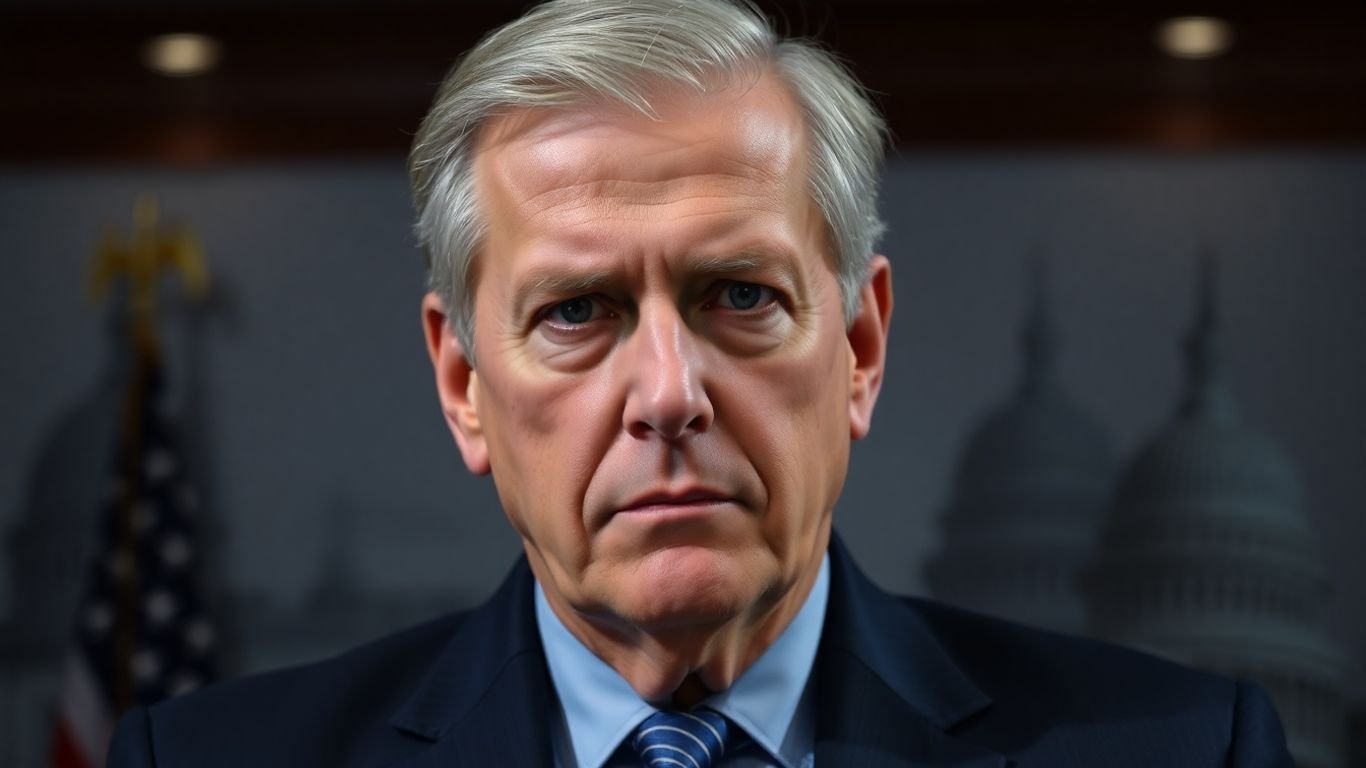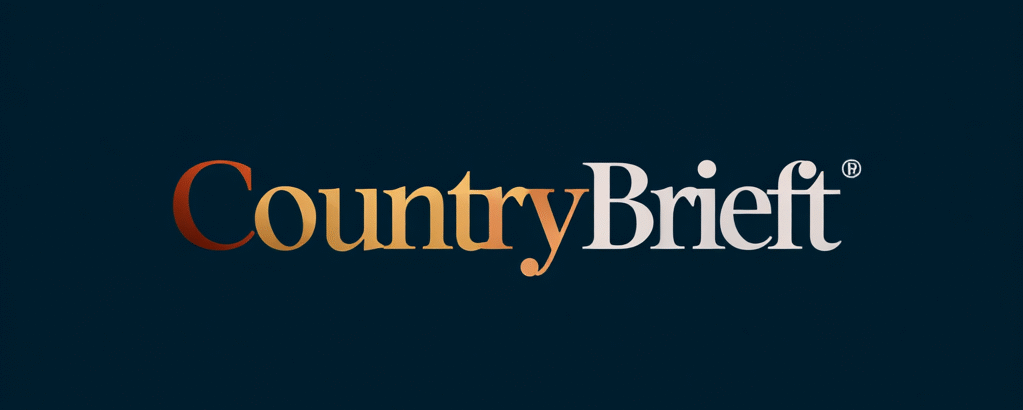Trump-Appointed Agency Head Accused of Skirting Ethics in Political Referrals

A senior official appointed by former President Donald Trump is under scrutiny after allegedly bypassing established ethics protocols in making criminal referrals against political adversaries, including a Federal Reserve governor. According to multiple sources familiar with the situation, the official sidestepped the agency’s own inspector general, raising concerns about potential abuse of power.
Key Takeaways
- Trump-appointee bypassed inspector general for criminal referrals
- Accusations target political opponents, including a Fed governor
- Bypassing rules may undermine protections against partisan misuse
Bypassing Critical Safeguards
Seven individuals acquainted with the matter have revealed that the Trump appointee failed to submit criminal referrals through the appropriate inspector general channels. This deviation from procedure is significant because it avoids the internal oversight designed to protect federal agencies from the misuse of power for political or personal gain.
Instead of adhering to the established process, which ensures impartial review, the official reportedly directed criminal allegations against political opponents directly, excluding oversight and transparency. These moves are said to involve high-profile figures, including a sitting Federal Reserve governor.
Potential Implications for Partisanship and Ethics
Federal agencies have clear protocols for initiating criminal referrals, especially when the referrals involve potential conflicts of interest or could be perceived as politically motivated. Skipping these steps can erode trust in the agency, fuel allegations of partisanship, and open up room for abuse of power.
Legal and ethics experts warn that such actions risk undermining the institution’s credibility. The inspector general’s office is meant to act as a nonpartisan arbiter evaluating whether referrals are warranted, serving as a crucial check on agency power.
Reaction and Ongoing Investigations
The disclosures have prompted internal reviews and calls for a closer examination of the official’s conduct. Some lawmakers and watchdog groups have expressed alarm, urging for transparency and accountability. There is heightened concern that this precedent could encourage further departure from established policies, threatening the nonpartisan nature of federal administration.
The Broader Context
The incident occurs in a climate of increasing scrutiny over the politicization of federal agencies. With public confidence in impartial governance already fragile, such reports amplify concerns about the fair application of justice and the safeguarding of democratic institutions.
Moving forward, legal analysts suggest that comprehensive reviews and possible reforms to internal agency protocols may be required to restore faith in the system and prevent similar breaches in the future.



![[Kurt Volker] resigns as Trump Ukraine envoy in January.](https://countrybrief.com/wp-content/uploads/2025/11/thumbnail-145-768x432.jpeg)


